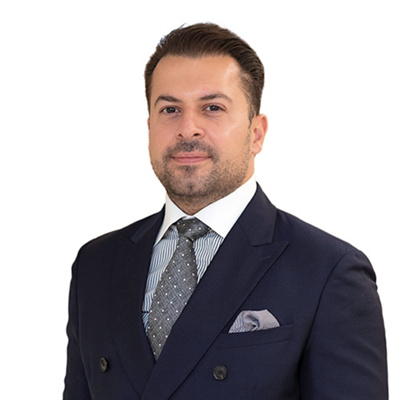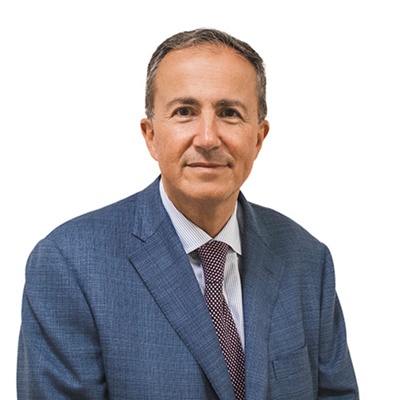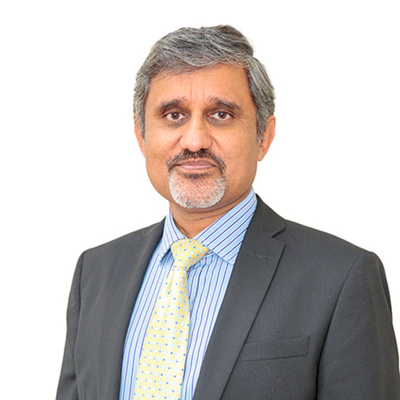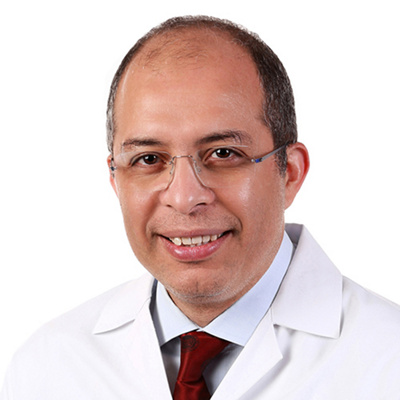The Head and Neck Cancer unit at Mediclinic Parkview Hospital provides a dedicated service for a full range of cancers. Our multi-disciplinary team meets regularly to provide expert assessment, diagnostics, treatment plans and rehabilitation in a collaborative system to ensure the best possible outcomes for our patients. Treatments include cancers of the oral cavity, oropharynx, larynx, nasopharynx, salivary glands, thyroid and skin.
The Unit treats a range of benign conditions including toxic goiter, large thyroid goitres with retrosternal extension, parathyroid disease, congenital lumps, thyroglossal cysts, branchial arch cysts, salivary gland benign tumours, pleomorphic adenomas and Warthin’s tumours.
The Head and Neck unit also provides innovative minimally invasive surgical options to ensure the fastest possible recovery for our patients. Our team of experts utilise trans-oral microsurgery and trans-oral robotic surgery, which allow a computer-enhanced system to assist in guiding surgical tools. This system provides our surgeons with an enhanced view for more precise movements in very small spaces and can result in a quicker recovery with fewer complications
HEAD AND NECK CANCER
At Mediclinic Parkview Hospital, the Head and Neck Unit provides a dedicated service for a full range of head and neck cancers. Our multi-disciplinary team meets regularly to provide expert assessment, diagnostics, treatment plans and rehabilitation in a collaborative system to ensure the best possible outcomes for our patients. Treatments include cancers of the oral cavity, oropharynx, larynx, nasopharynx, salivary glands, thyroid and skin. For us to have a comprehensive approach, our unit is supported by other departments like Radiology, general surgery, neurosurgery, Speech therapy and dietetics for better outcomes
THYROID CANCER
Thyroid cancer starts often as a slow-growing thyroid nodule. In most cases, the prognosis for thyroid cancer is excellent, but in some cases, it can be more aggressive and grow faster.
Symptoms
Thyroid cancer does not typically cause any signs or symptoms in the early stages of the disease.
As the cancer progresses, symptoms such as a lump in the front of the neck, difficulty swallowing, mild pain in the neck, hoarseness and voice changes may develop.
Diagnosis
Thyroid cancer is typically detected with ultrasound of the neck.
Additional tests, such as blood tests, and fine-needle aspiration biopsy, must be performed to confirm the diagnosis.
Treatment
Treatment for thyroid cancer typically include surgery to remove the cancerous tissue. This may be a unilateral (hemi thyroidectomy) or bilateral (total thyroidectomy) procedure, and may also involve the removal of lymph nodes around the neck.
In selected cases, radioactive iodine ablation may be used after surgery to destroy the remaining microscopic areas of cancer that were not removed during surgery.
Long-term follow-up is also an important aspect of treatment for thyroid cancer, with regular monitoring for disease recurrence.
Other Unit Services
Minimally invasive head and neck surgery
Benign head and neck conditions
Neck lump services
Voice and swallowing disorders
TMJ disorders
Paediatric ear, nose and throat services
Snoring and adult obstructive sleep apnea





